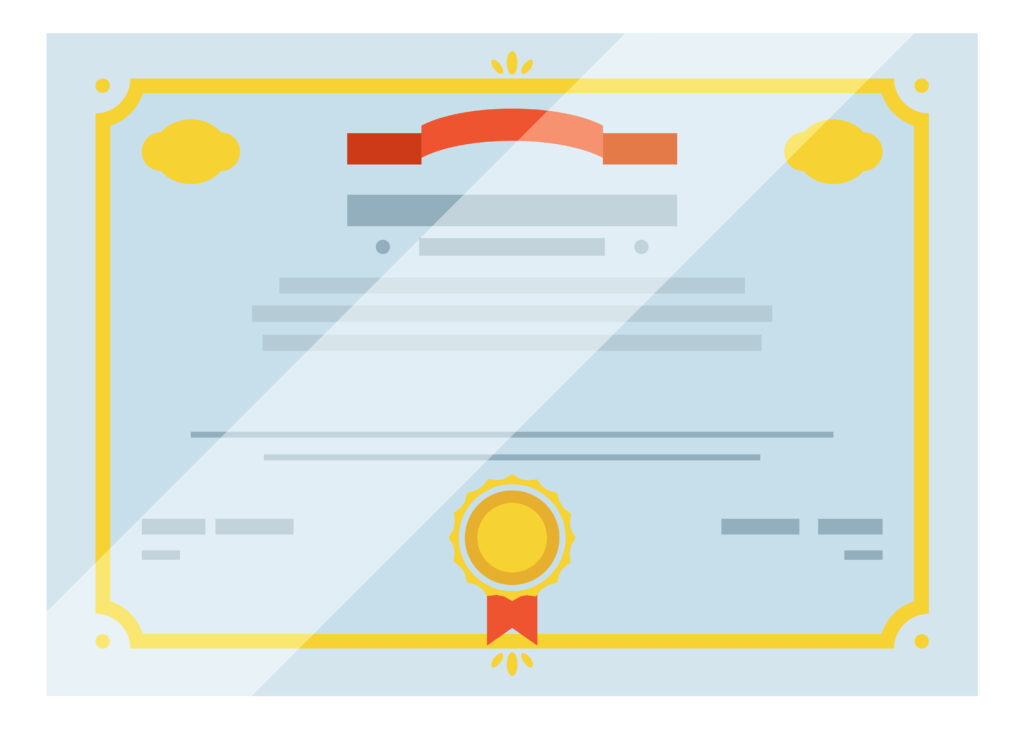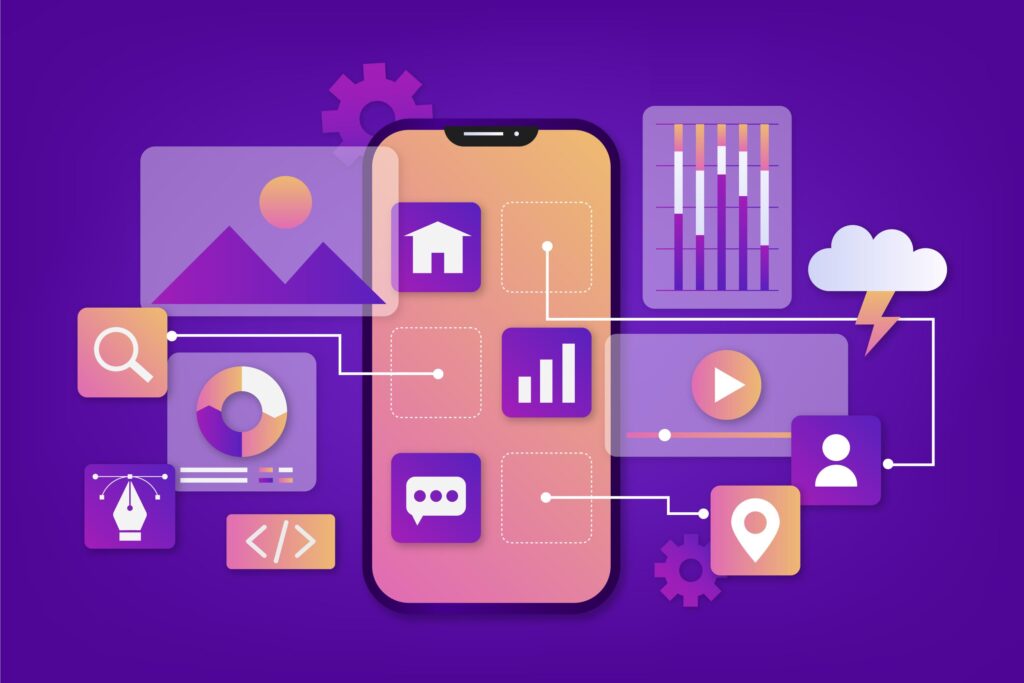ANDROID APP DEVELOPMENT
Join our Android App Development Course to learn essential skills in Kotlin and Jetpack components, from building interactive interfaces with Fragments to deploying polished applications on the Google Play Store, supported by expert mentorship and hands-on projects.
Total Courses
7
Level
Beginner
Duration
20 Days
Schedule
Flexible
Earn a professional certificate
Update your LinkedIn profile, resume, or CV with this certification. Share it on social media and during your performance evaluations.

Key Features Of This Course
SKILLS COVERED
Course Details
1. Android OS
2. Setting up environment in Android Studio
1. Activities and Intents
2. Views and Layouts
3. UI / UX
1. Fragments and Fragment Lifecycle
2. UI Widgets
3. Custom Views and View Groups
1. HTTP and RESTful APIs
2. Async Task and Async Task Loader
3. Retrofit Library for Networking
1. Images and Drawables
2. Audio and Video
3. Camera Integration
1. GPS and Location Providers
2. Google Maps Integration
3. Geocoding and Reverse Geocoding
1. Permissions and User Authentication
2. Data Encryption
1. Unit Testing
2. UI Testing
3. Debugging

GET 100% JOB PLACEMENT BY ENROLLING IN CERTIFIED TRAINING COURSE
JOB ROLES
Frequently Asked Questions
Android architecture comprises:
1. Linux Kernel: Core system functions.
2. Libraries: C/C++ libraries for system operations.
3. Android Runtime (ART): Executes app code.
4. Application Framework: Provides APIs for app development.
5. System & User Apps: Pre-installed and user-installed apps.
A portable Wi-Fi hotspot is a small device that enables multiple devices to connect to the internet via cellular data, creating a local Wi-Fi network for on-the-go connectivity. It’s convenient for sharing internet access in areas without Wi-Fi coverage or when traveling.
In Android development, “context” refers to an object that provides access to application-specific resources and information about the application environment.

